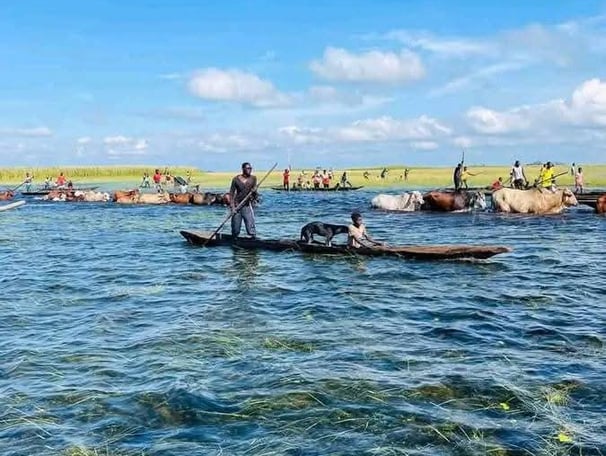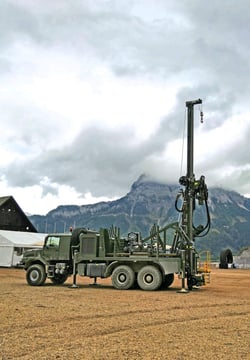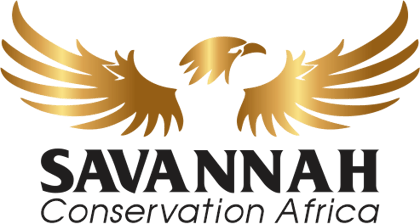Community Development Services
1. Consultations and Stakeholder Engagement
Savannah Conservation Africa (SCA) prioritizes community consultations to ensure inclusive decision-making. These consultations involve traditional leaders, local government authorities, conservation experts, and community members to align conservation initiatives with local needs and aspirations. Through a participatory approach, SCA ensures that all stakeholders contribute to and benefit from sustainable development projects.
2. Establishment of Community Management Committees
SCA facilitates the creation of Community Management Committees (CMCs) to oversee local conservation efforts and resource management. These committees are composed of elected representatives from the community, ensuring grassroots participation in decision-making. The CMCs act as a bridge between the community and conservation authorities, fostering collaboration and sustainable resource governance.
3. Community Areas Management Program for Indigenous Resources (CAMPFIRE) and Community Resource Management Boards
As a proponent of the CAMPFIRE initiative, SCA assists communities in establishing Community Resource Management Boards (CRMBs) to oversee wildlife conservation and revenue-sharing mechanisms. These boards empower communities to manage and benefit from their natural resources, promoting conservation through economic incentives such as revenue from ecotourism, trophy hunting, and wildlife-based enterprises.




4. Creation and Zoning of Community Development Areas
SCA provides expertise in land-use planning, helping communities delineate Community Development Areas (CDAs) for sustainable activities. Zoning strategies include agricultural zones, wildlife corridors, settlement areas, and conservation zones to ensure optimal land utilization while preserving biodiversity. This approach minimizes human-wildlife conflicts and maximizes socio-economic benefits.
5. Resettlement Planning
To accommodate expanding populations while minimizing environmental degradation, SCA assists in developing resettlement plans. These plans prioritize equitable land distribution, access to essential services, and sustainable land-use practices, ensuring that resettled communities can thrive without compromising conservation efforts.
6. Introduction of Nature-Positive and Smart Agriculture
SCA promotes nature-positive agricultural practices that enhance biodiversity while sustaining livelihoods. These include agroforestry, conservation agriculture, permaculture, and climate-smart farming techniques. Training programs and workshops are conducted to equip local farmers with knowledge on soil conservation, organic farming, and sustainable water use.
7. Livestock Carrying Capacity Assessment
To mitigate overgrazing and land degradation, SCA evaluates the livestock carrying capacity of each community based on veld type, climatic conditions, and land size. Recommendations are provided for sustainable livestock management practices, rotational grazing systems, and integration of livestock with wildlife conservation efforts.


8. Sustainable Alternative Forest Development
To reduce pressure on natural forests, SCA supports the creation of community-managed alternative forests. These sustainable forests provide timber, fuelwood, and non-timber products while preserving indigenous tree species. Afforestation and reforestation initiatives are undertaken in collaboration with local communities to restore degraded landscapes.
9. Water Provision and Sustainable Infrastructure Development
SCA facilitates the development of shared water infrastructure, including boreholes, water harvesting systems, and irrigation schemes to ensure water security for communities. Additionally, SCA collaborates with local authorities to construct essential infrastructure such as schools, clinics, and roads, enhancing community resilience and well-being.
10. Equitable Benefit-Sharing from Wildlife and Tourism Revenue
SCA advocates for a fair and transparent benefit-sharing system from wildlife and tourism projects. Through legal frameworks and stakeholder negotiations, revenue generated from conservation activities is equitably distributed to support community development initiatives, including education, healthcare, and local enterprises.
11. Development of Sustainable Low-Cost Community Projects
To promote economic self-sufficiency, SCA supports low-cost, sustainable community projects such as beekeeping, fish farming, handicrafts, and eco-tourism ventures. These projects provide alternative livelihoods while minimizing environmental impact, ensuring long-term economic and ecological sustainability.
12. Additional Key Aspects and Services
Capacity Building and Training: SCA conducts workshops and training sessions to enhance community skills in conservation, sustainable agriculture, and small business management.
Human-Wildlife Conflict Mitigation: Implementation of strategies such as predator-proof livestock enclosures, community-managed buffer zones, and early-warning systems to reduce conflicts between wildlife and communities.
Renewable Energy Solutions: Promotion of solar energy and biogas projects to reduce reliance on wood fuel and promote clean energy alternatives.
Health and Sanitation Programs: Support for improved sanitation infrastructure and health awareness campaigns to enhance community well-being.
Biodiversity Conservation Initiatives: Restoration of degraded ecosystems, protection of endangered species, and promotion of indigenous knowledge in conservation practices.


